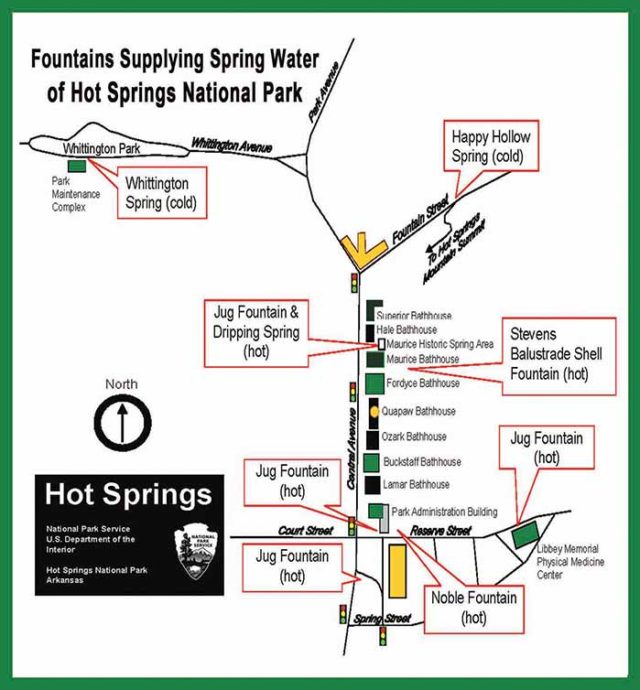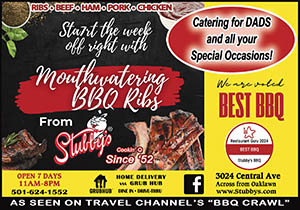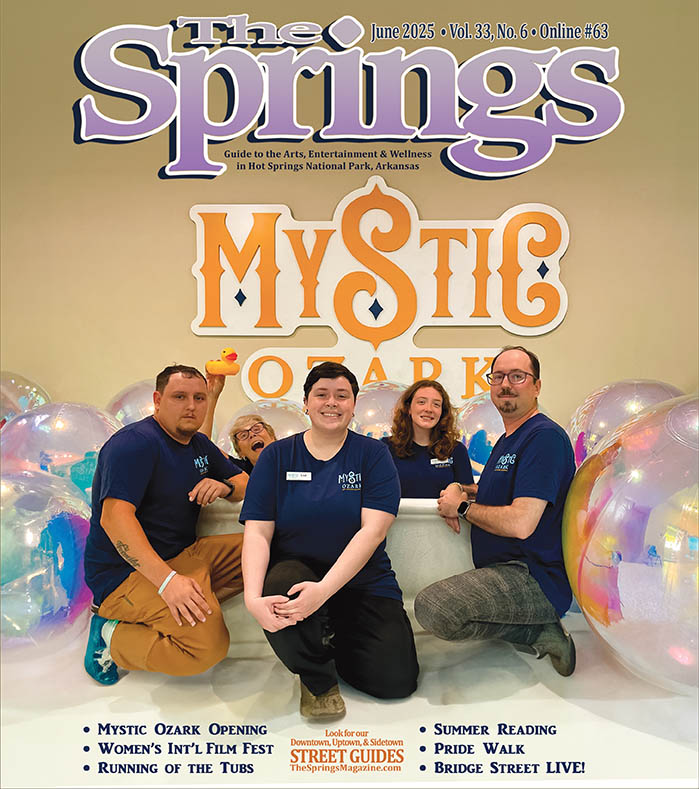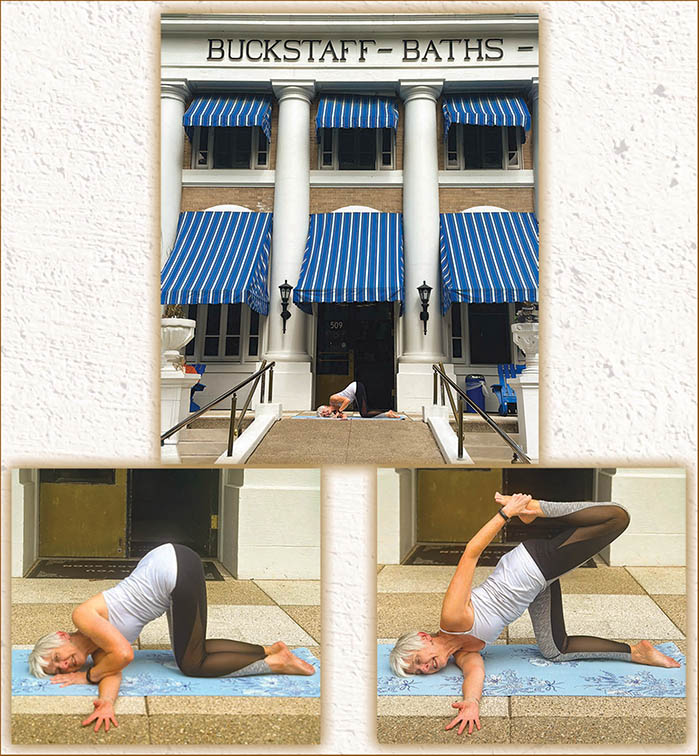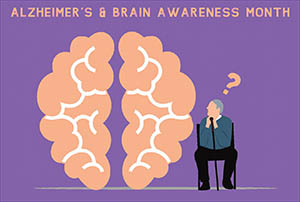By Alison Crane
Have you noticed the jugs of alkaline water for sale when grocery shopping? This caught my attention and being the natural skeptic that I am, I decided to find out what I could about it before buying. When searching for information, I found many health claims or potential claims about alkaline water, but not a lot of research to verify or negate the claims.
Alkaline water has a higher pH than regular water. Normal drinking water has a neutral pH of 7. Alkaline water typically has a pH of 8 or 9. When considering water to be alkaline, pH alone does not transmit substantial alkalinity to water. Alkaline minerals and negative oxidations reduction potential must be present for it to be labeled alkaline water.
According to the Mayo Clinic, the health benefit claims require more research before they will recommend adding drinking alkaline water to your daily routine. What is research proven and recommended by the USDA is our bodies need from under one liter a day to nearly four liters a day depending on age, sex and health status. We do this by consuming a variety of beverages and foods each day. The USDA does not place the value of any one single source of liquid water above another.
So, is drinking alkaline water a bad thing? Not necessarily, but it does cost more than regular water and there are some potential health issues that can arise from drinking it.
One thing to consider is, we in Hot Springs, are fortunate to have a great source of good, clean drinking water for free through the Hot Springs National Parks Service. Our hot springs sources have been federally protected since 1832 with the intention that the water be used by the public. Hot water “jug fountains” are located within the national park at four locations and there are other access points for drinking the water. The National Park Service does not claim the water is curative, but the park does certify that it is safe to drink.
To find out more about the hot springs water see the guide to fountains below, visit www.nps.gov/hosp/learn/education/upload/drinking_the_water.pdf or for more ways to make good nutrition choices during National Nutrition Month, contact the Garland County Extension office at 501-623-6841 or acrane@uaex.edu.
Alison Crane is a Family and Consumer Science Agent with the Garland County Extension Service. The Arkansas Cooperative Extension Service offers its programs to all eligible persons regardless of race, color, national origin, religion, gender, age, disability, marital or veteran status, or any other legally protected status, and is an Affirmative Action/Equal Opportunity Employer. Alison Crane is a Family and Consumer Science Agent with the Garland County Extension Service. The Arkansas Cooperative Extension Service offers its programs to all eligible persons regardless of race, color, national origin, religion, gender, age, disability, marital or veteran status, or any other legally protected status, and is an Affirmative Action/Equal Opportunity Employer.


